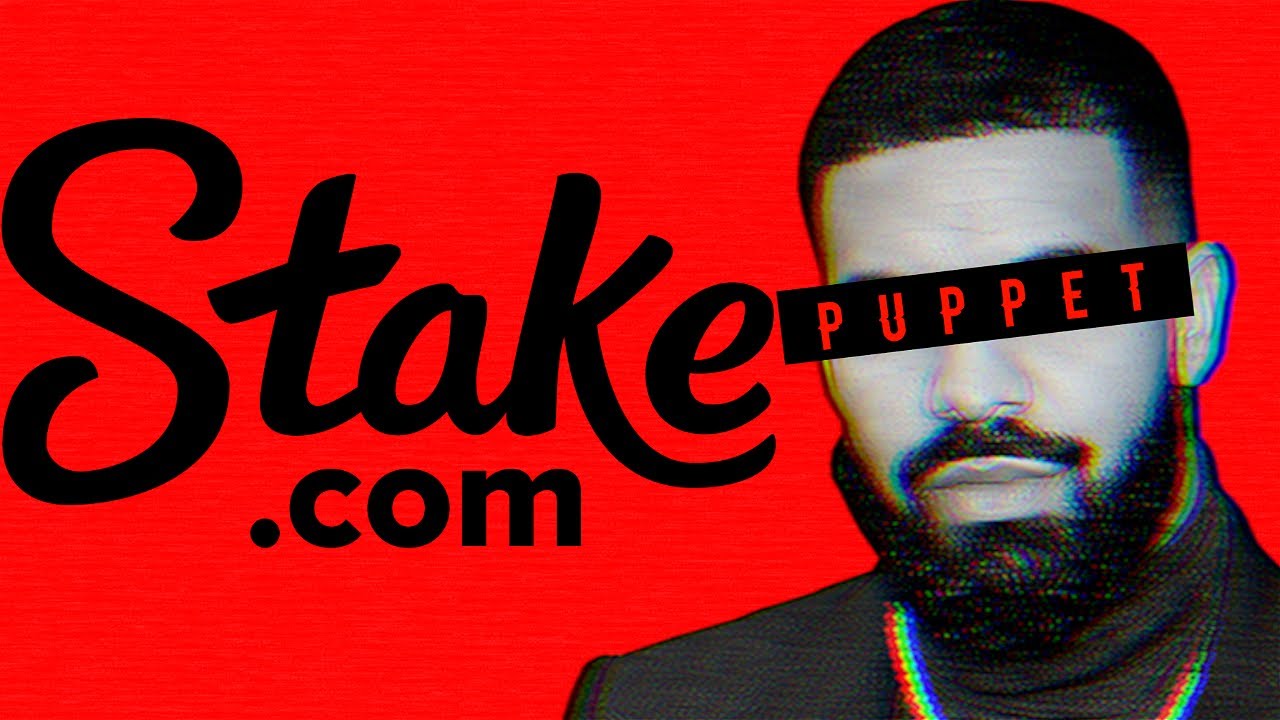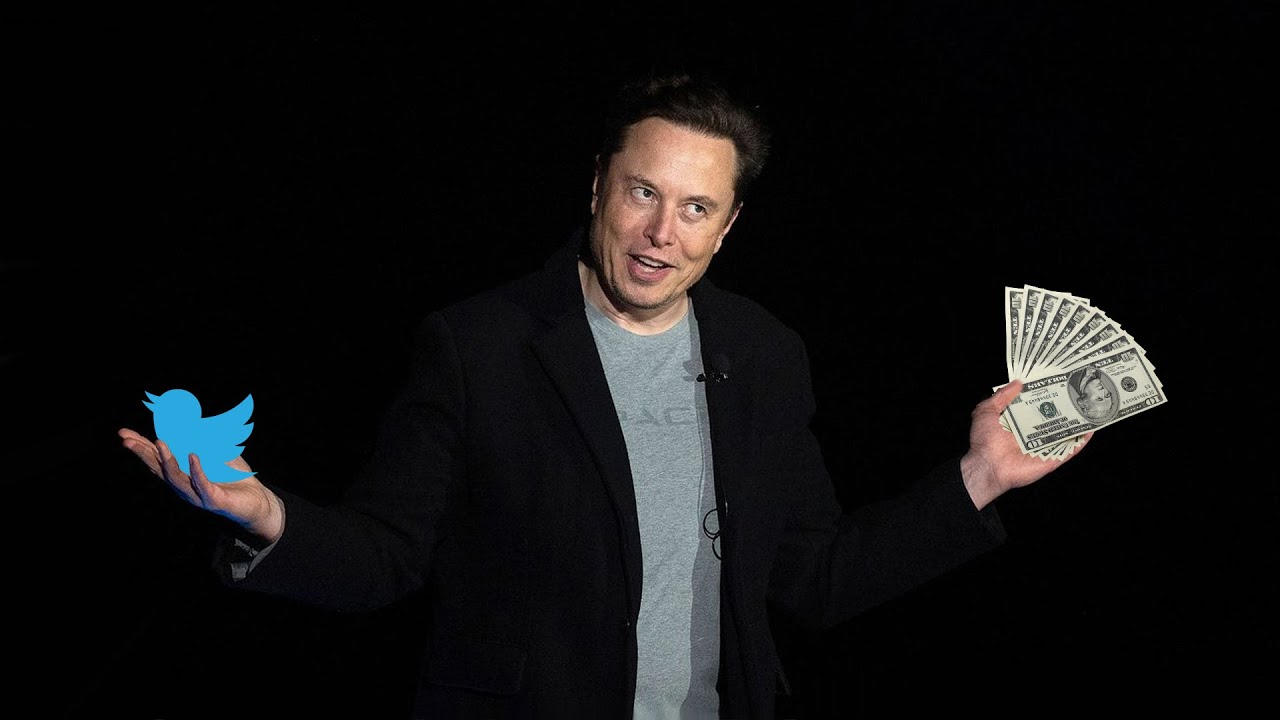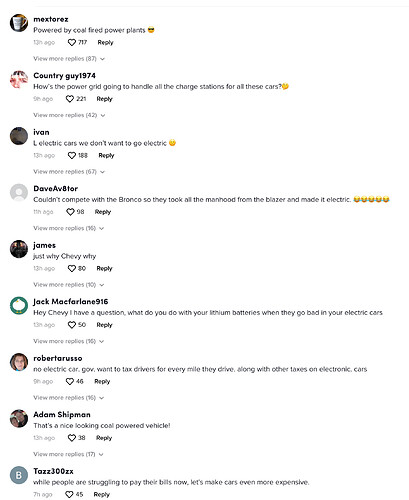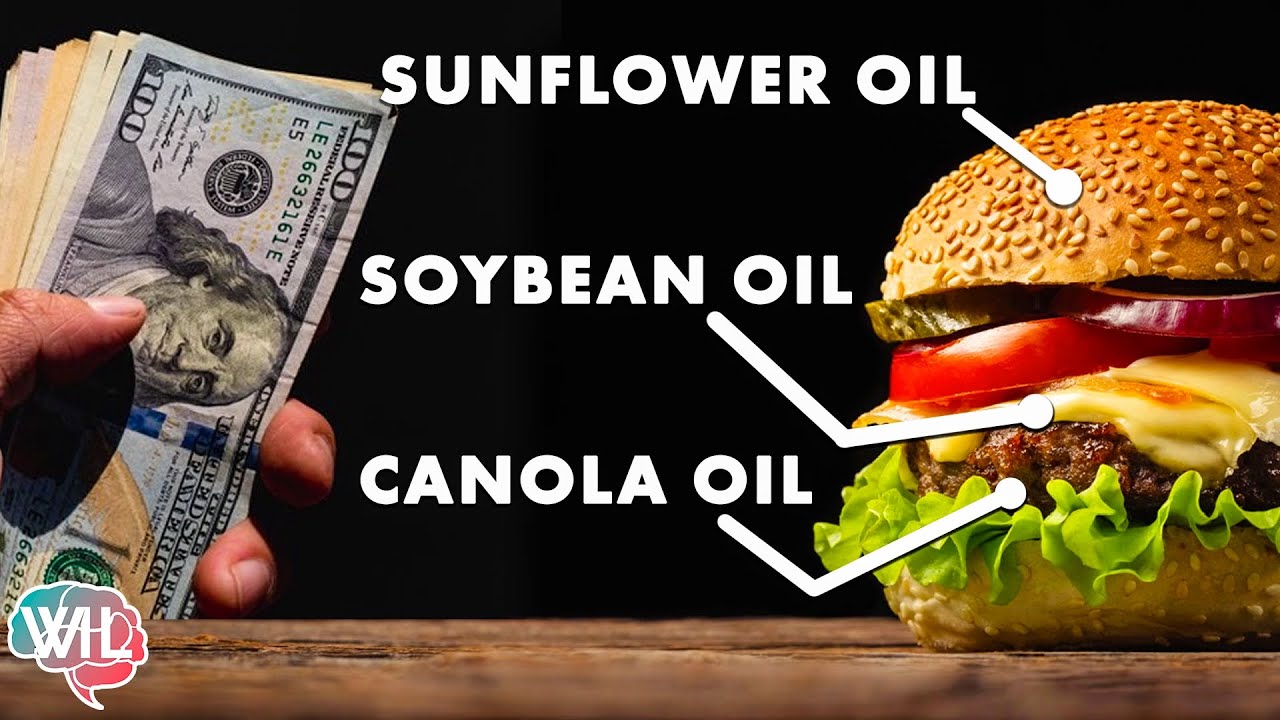Casinos are predatory.
he says he has never seen so many people making $2,500 a month owing $1,000 a month in car payments.
Lopez says banks are in turn leasing more land to handle an expected car-repossession surge.
“A lot of the banks—they’re smart. They control the market, like diamonds,” Lopez says. “As repos pour in, they only release them so often,” he says, meaning auto prices will probably remain stubborn even as economic growth wanes and more repos mean more used-car inventory.
There are a lot of really wtf lyrics, including several from the Beatles.
I don’t know anything specific about the car market. But with regard to houses, that’s not what goes on with “repos” (house foreclosures). I expect (but don’t know) similar dynamics apply to cars. So I’ll write about houses but would assume similarities with cars.
Banks have rules about how much they can lend given how much reserves they have. When they take back a house, the value of the loan still counts against what they can lend, but they’re not getting any income from it. So they don’t want to own the house. They’re in the business of lending and collecting interest and owning the house interferes with that.
Banks might actually want to own a house where the loan was only, say, 50% of the house’s value. When the bank does eventually sell such a house they’ll make enough to offset the loss of interest over the time they held it plus the costs of sale. But that’s a rare situation because most of the people who default on a house payment have a loan balance at or above the house’s actual value. They’re they type of people who don’t keep up on maintenance. They take cash out whenever they actually start to build equity. Etc. People who have their house half or more paid off don’t let things go to the point that the bank takes the house. If they can’t make the payment, they sell & keep the extra cash themselves.
So most of the time a bank takes back a house they’re going to lose money vs. if the loan was paid as agreed.
When banks do take the house for non-payment they have another problem with selling it. Each house is different. It’s not a commodity that you can accurately mechanically price. Set it too high and it won’t sell and will further degrade & eat expenses while sitting. Set it too low and the bank takes too much loss vs. the loan amount. So it takes skilled people to look at the houses the bank takes back and decide what they should sell for, manage the process of selling them, decide when a price adjustment is needed, etc. Banks do use Realtors for the actual selling, but they need someone from the bank to work with the Realtor on pricing and respond to offers. For houses these people work in the bank’s REO department (for “Real Estate Owned”). I don’t know what they are for cars.
How many of these people does the bank have on staff? It varies, and in good economic times when hardly anybody stops paying these jobs get cut to save money. When there’s a sudden increase in banks taking back houses, the people in the REO department get completely overwhelmed. That’s what happened in the 2008 housing crash. The banks had like 10X the number of houses they had staff to handle.
It’s hard to hire more, because at the time one bank is overwhelmed with foreclosures chances are all the other banks are too since it’s a result of the broader economy rather than a single bank. It takes a while to train for that job too. While they do train new ones of course, it doesn’t happen as fast as the bank would like to get the houses sold. So instead, inventory sits on the bank’s books until they have the staff to dispose of it properly.
So “only release them so often”, at least with regard to houses during a housing crash, was a function of staff shortage rather than lack of desire to sell. For about 3 years (2008-2011) not only were banks losing interest income from all the bad loans, taking a loss from almost every house they did sell, but every month their houses sat in inventory they were losing value since the housing market kept going down. They badly wanted to move them but couldn’t.
https://www.bloomberg.com/opinion/articles/2022-07-11/the-price-of-not-buying-twitter
Paywalled but you can get a free email subscription to the newsletter. If you already did that, you can read this one, from today, for free.
I don’t think buying Twitter was a clever plot (to create an excuse to sell Tesla shares, then back out) as I’ve seen Redditors and UEG claim. Nor do I think it was a clever plot to cover up negative news stories then back out as UEG suggests. I think Musk thought he could get a good deal then changed his mind. Rather than being clever, he failed to think very far ahead and/or was badly wrong about future market conditions. And he doesn’t actually care much about a free speech platform or he wouldn’t be backing out now. I don’t think it makes any sense to have a clever plot where you commit yourself to specific performance to pay tens of billions of dollars, and sign that contract, and then try to back out.
Otherwise I thought the video was good. I have followed details of this stuff.
https://www.bloomberg.com/opinion/articles/2022-07-12/i-was-told-there-d-be-a-cake-merger
Summary of the first section:
In 2020, a company signed a deal to buy a company, similar to Musk’s. Then they tried to get out of it for the same reason as Musk (changes in market conditions made it look like a worse deal). They made similar excuses to what Musk is trying, plus they sabotaged the debt financing from their bankers because the contract said they only had to close the deal if they got the loans. They did very badly in court, lost on everything, and were ordered to buy the company anyway despite not having their financing currently available, so they did pay full price and buy the company (apparently, when they were actually trying to get loans, they still could).
The judge who handled that case has since gotten a promotion to the top and will be the one to hear Musk’s case.
Not so efficient markets and investors:
Do institutional investors invest efficiently? To study this question I combine a novel dataset of over 16,000 startups (representing over $9 billion in investments) with machine learning methods to evaluate the decisions of early-stage investors. By comparing investor choices to an algorithm’s predictions, I show that approximately half of the investments were predictably bad—based on information known at the time of investment, the predicted return of the investment was less than readily available outside options. The cost of these poor investments is 1000 basis points, totalling over $900 million in my data. I provide suggestive evidence that over-reliance on the founders’ background is one mechanism underlying these choices. Together the results suggest that high stakes and firm sophistication are not sufficient for efficient use of information in capital allocation decisions.
(I have not read more than the abstract which I quoted.)
https://www.bloomberg.com/opinion/articles/2022-07-18/elon-wants-to-fight-the-bots
Musk is wrong in the Twitter lawsuit; his position is dumb and bad faith; and it will undermine the rule of law if he doesn’t lose badly.
There’s an important hearing tomorrow.
Levine wrote a good response to Musk’s initial response to the lawsuit.
the latest dominant COVID subvariants have a reproductive rate of around 18.6, tying or surpassing measles, the world’s most infectious viral disease
Interesting broad, basic explanations about where the elements come from (the big bang and particularly nuclear fusion) and what mass exists in our universe.
Large corporations generally shouldn’t leave the comments enabled for their ads (which says something bad about them). So many people hate them. And they have so many known flaws that they don’t fix which people can comment on.
Sometimes they do leave the comments on. The comments on this car ad are really harsh. Here are the first few I saw:
Amazon refuses to take down products with stolen art designs.
3 posts were merged into an existing topic: Vegetable Oil Is Bad?
good, insightful post (except the unargued praise of degree-based epistemology over decisive arguments, and i’m skeptical of blaming The Daily Show)
Same author:
As I have been writing I’ve found myself fighting a desire to make myself look better. A big part of me wants to present myself as some kind of sage who has always been wise. But that isn’t true.






